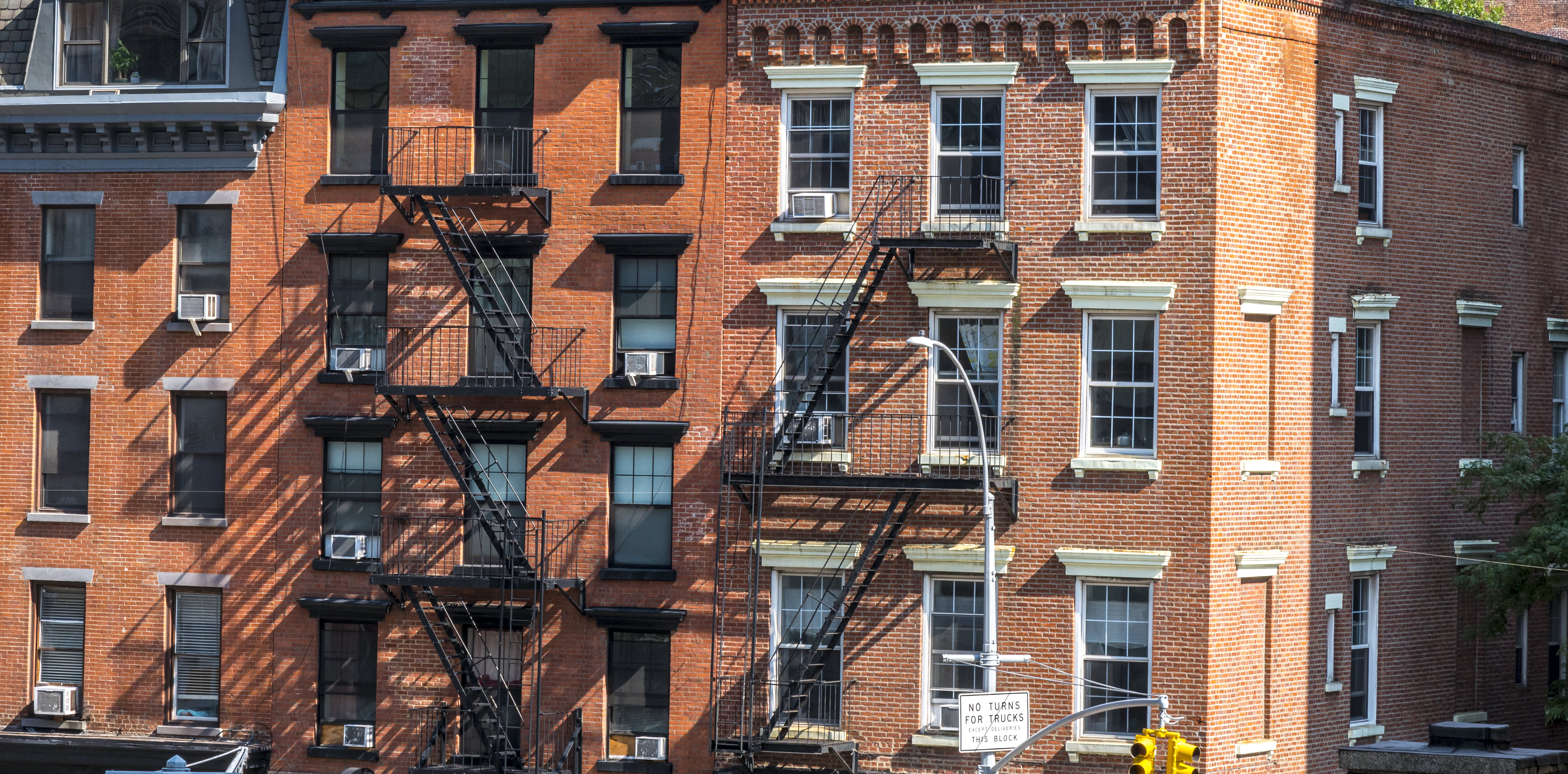Products You May Like
Months after the national ban on evictions expired, a number of states and cities have either kept in place or implemented their own policies to try to keep families in their homes.
Despite heavy opposition by landlords, advocates say these policies are necessary with hardship among tenants still so high. More than 15% of adult renters continue to say they’re behind, with as many as 28% of African American-led households reporting the same.
One analysis over the summer found that the average renter in arrears owes around $3,700. In some areas, though, rental debts top $10,000 per household.
The $45 billion in aid Congress passed in the thick of the pandemic to deliver relief to renters has been painfully slow to reach families, with just around $12 billion spent so far. Advocates blame the troubled rollout of the funds on complicated applications and short staffing across the hundreds of organizations tasked with giving out the money.
“Delays have been brutal,” said Daniel Rose, an organizer at Housing Justice Now in Winston-Salem, North Carolina, adding that he knows of one renter who submitted her application three months ago and still hasn’t gotten an answer.
“It’s a form of psychological torture waiting for these bureaucracies to get their acts together.”
In response to the delays, a number of states and jurisdictions have established eviction protections until more of the relief gets out.
Connecticut, Virginia, Oregon, Massachusetts, Michigan and Minnesota as well as Washington, D.C., all have limits on evictions tied to the rental assistance process that will last until 2022, according to an analysis by the COVID-19 Eviction Moratoria Team.
The policies vary, but in Connecticut and Virginia, for example, a landlord has to file for federal rental assistance before filing an eviction. And in Michigan, the eviction process is paused while an application for aid is pending.
More from Personal Finance:
Here are the colleges with the best return on investment
Fewer students are going to college because of the cost
How to maximize your college financial aid
Meanwhile, three states continue to have a statewide eviction moratorium in effect.
Most renters in New Jersey and New York can’t be evicted until January. New Mexico has also prohibited renters from being pushed out of their homes, and hasn’t yet specified when the protection will end.
